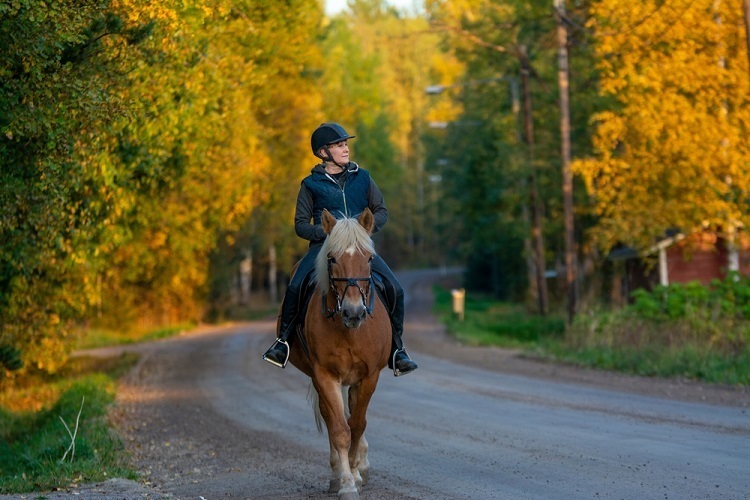Regardless of whether you want to enter the world of equestrian competition or are just an amateur rider, there are some qualities that you will need to possess to succeed.
Table of Contents
Equestrian welfare and management
Identifying and addressing equestrian welfare and management qualities of a competitive horseback rider such as Zoe Reardon, is an important goal for equestrian sport. It is imperative to ensure the athletes’ well-being and provide a positive competitive experience for all participants. However, many factors associated with competitive sports can contribute to compromised welfare. In the past, equestrian sports were built on the belief that horses and riders are consensual partners in sporting disciplines. This assumption has been challenged in recent years by changes in communication technology. Consequently, sport-related risks have become more visible. However, there is still a lack of robust behavioral evidence regarding the impact of training on equine welfare. For example, no proper science-based tools exist to assess the horse’s affective state in a competitive setting. Identifying the benefits of incorporating formal welfare assessment into training plans may be the first step toward understanding how training affects welfare. In addition, there is a lack of consensus on what constitutes welfare. While various tools are available to measure equine welfare, these are not widely used. A new approach is required to develop and assess welfare.
Equine stressors affect horses in horseback riding
Whether or not horses perceive their routine management as stressful is unknown. If they do, this may contribute to risks to the horses’ welfare and the safety of human riders. However, more research is needed to address this question. A team of researchers from Rutgers University is currently working on an equine stress response study at the Cook College equine research facility. They are studying whether or not physical or psychological factors influence the equine stress response. They are also investigating heart rate variability and the role of steroidal and non-steroidal anti-inflammatory drugs in susceptibility to infection in horses. They are also investigating the effects of intense exercise on the horse’s immune response. In addition, they are looking at the effects of stress on learning. Among other things, they investigate stress’s role in aversive instrumental learning. A preliminary study showed that stress exposure increases cortisol levels, which may impair learning. The effects of stress on learning may depend on the type of stressor. Moreover, the study suggests that cortisol may affect brain regions responsible for learning.
Equine welfare and management
Regardless of the level of equestrian sport, equine welfare and management are crucial. A comprehensive formal process for improving welfare requires an objective, holistic approach. It also involves identifying the risks of negative welfare and opportunities for positive welfare. To improve equine welfare, veterinarians need to evaluate horses’ condition and living environment. They should also check that horses are free from lameness. In addition, horses should be protected from harmful adverse weather conditions and dangerous heat. Competent equine veterinarians should also conduct a thorough examination of horses annually. A recent survey conducted by YouGov on behalf of World Horse Welfare challenged equestrian disciplines to prioritize equine welfare in sport. The survey sought to assess the public’s views on horse welfare objectively. It also explored public perceptions of welfare in equestrian sport. The results showed that the general public would only support the use of horses in sport if welfare improved.









